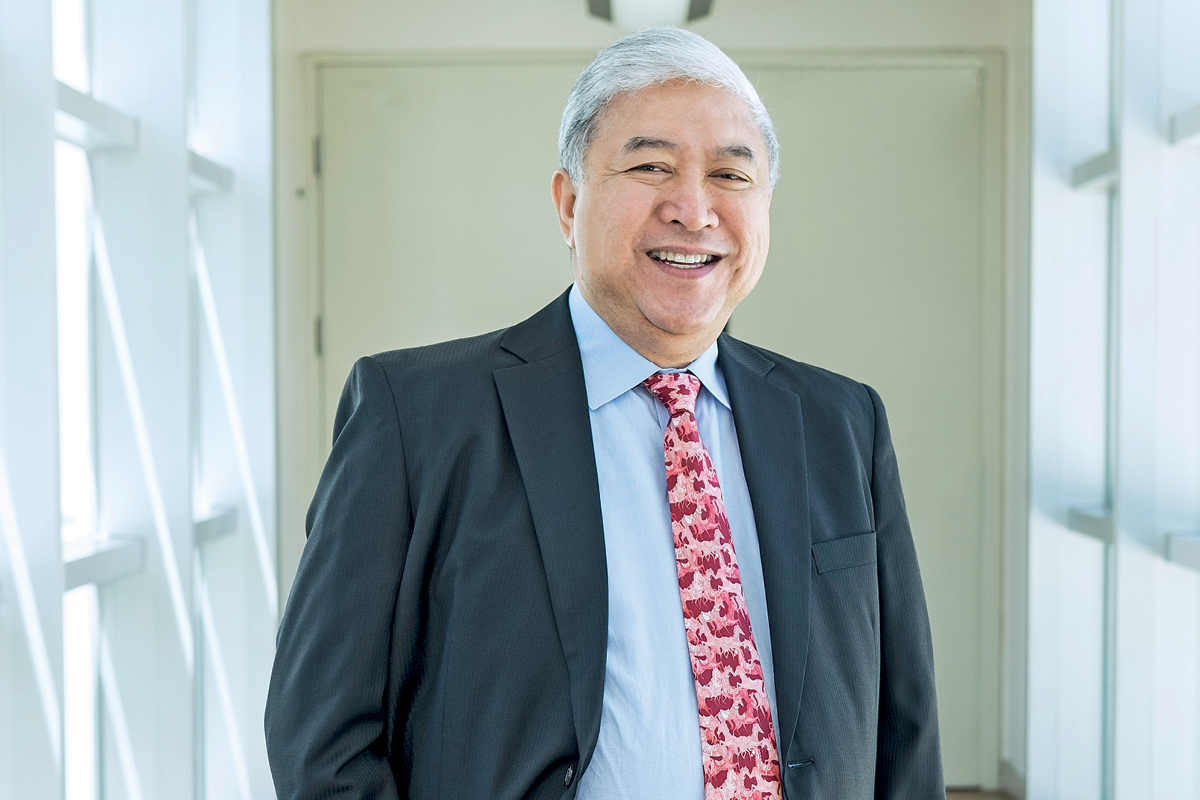Balancing cost and quality: Andres Licaros Jr
Andres ‘andi’ Licaros Jr, President and CEO of Asian Hospital and Medical Center, believes quality health care and affordable health care need not be two separate concepts.
Health care in the Philippines is known for employing well-trained, highly competent staff, ensuring patients receive the best care possible. But Andres ‘Andi’ Licaros Jr, President and CEO of the private Asian Hospital and Medical Center (AHMC), believes the system is not yet perfect. He estimates that some 90% of patients incur out-of-pocket medical costs and, for poorer patients, it can get to the point where they can no longer afford their previous quality of life.
"These patients are having to travel for miles," says Andi. "They’re in pain, they’re in fear, they’re in doubt. They’re not certain if what is wrong with them can be fixed. Paramount to all of this is they’re afraid of the cost because they know that coming to the hospital and staying there is going to cost money.
"But we want to have transparency, and for every patient and family that comes to us to feel we are committed to getting them well. At the same time, we need to explain to them what their options are, and give them an idea of how much it would cost."

As another step towards affordability of health care, Andi notes, doctors across the Asian health industry are prone to generosity, reducing or even waiving fees for less fortunate patients. But this isn’t a permanent solution, and Andi, along with AHMC, has instituted solutions for disadvantaged groups. Asian Hospital Charities Inc, for example, is the not-for-profit arm of AHMC, and provides specialised health care for underprivileged patients, employing fundraising and volunteer work. Recently, its Wish Ambassador program was inundated with volunteers, meaning it could be expanded further next year.
Though hospitals have fixed costs that must be managed, affordability remains a constant source of consideration for Andi. "We realise that the biggest challenge to health care anywhere in the world is the cost," he says. "To my mind, there’s a fine balance you must strike between technology, which is expensive, and the quality that you can generate out of that technology. I’m a firm believer that quality care can be improved tremendously as measured by the clinical outcomes, while you bring down the cost of care, which is a collaborative work of all stakeholders."
Andi’s mission is to provide quality health care to those who need it, not just to those who can afford it. He sees it as essential to the proper functioning of the community, "a requirement for any good community to thrive and succeed". Metro Manila, in which AHMC is located, is one of the most densely populated regions in the world, and the area around the hospital is home to a growing number of young families as well as an ageing population. This evolving and expanding community therefore occupies Andi’s attention.
"We want to be an accepted, responsible member of the community," he says. "I believe the real impact we will be making should be measurable 25–30 years down the road, and whether AHMC taking care of patients has contributed towards improving the population’s health. That can really be measured in terms of the continued growth and productivity of the communities, because a healthy individual is a productive individual."

For almost 17 years now, AHMC has provided what it describes as "hotel-like ambience", while also supplying specialist medical services like cancer treatment, paediatrics, diabetes management, and neuroscience. Looking ahead, Andi is excited to see how telemedicine transforms the industry, hopefully making treatment more accessible for patients. He’s also planning to open a satellite facility in the south of the city, to reduce crowding at the main hospital and offer long-term support for recovering, non-critical patients.
"I continue to chase my dream of being able to narrow the gaps in health care," says Andi. "Because I’m sickened by how people I know, families I know, have struggled financially because of the cost of health care. And yet, they still suffer sad outcomes. To my mind, once that happens, no patient should be required to pay the hospital. It should be the hospital paying these families, because we’ve done more harm than good.
"That’s why I continue to work tirelessly towards strengthening every staff member, influencing the way they think and behave. Encouraging them to commit more of themselves, because there’s no limit to what we’re capable of doing."